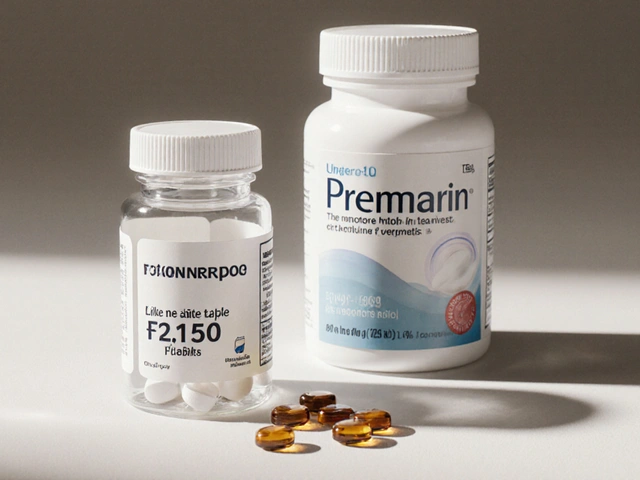Isotretinoin: What It Is, How to Use It, and What to Expect
If you’ve tried every cream and pill for stubborn acne, you might have heard about isotretinoin. It’s a prescription medication that can clear severe acne when other treatments fail. Below you’ll find straight‑forward info on how it works, the right way to take it, and the things you should watch out for.
How Isotretinoin Works
Isotretinoin is a form of vitamin A. It shrinks the oil‑producing glands in your skin, reduces the amount of bacteria that cause breakouts, and helps the skin shed dead cells more evenly. The result is fewer clogged pores and less inflammation. Most people notice a big improvement after the first few weeks, but the full effect usually shows up after a few months of consistent use.
What to Know Before You Start
Before you get a prescription, your doctor will check your blood work. Isotretinoin can raise liver enzymes and cholesterol, so labs help make sure it’s safe for you. You’ll also need to use two forms of birth control if you’re a woman of child‑bearing age because the drug can cause serious birth defects.
Start with a low dose, often 0.5 mg per kilogram of body weight per day, and your doctor may increase it based on how your skin reacts. Most courses last 4‑6 months. If you stop early, acne can come back, so finish the full cycle unless your doctor tells you otherwise.
Common side effects include dry skin, chapped lips, and nosebleeds. These are usually mild and can be managed with moisturizers and lip balm. If you notice severe headaches, vision changes, or mood swings, call your doctor right away. Those symptoms can signal rare but serious reactions.
Because isotretinoin makes your skin more sensitive to the sun, wear SPF 30 or higher whenever you’re outdoors. Even on cloudy days, the UV rays can still cause burns.
After the treatment ends, many people keep their skin clear with a simple routine: gentle cleanser, lightweight moisturizer, and sunscreen. Some doctors recommend a short maintenance dose of a lower‑strength retinoid to keep the results going.
In short, isotretinoin is a powerful tool for clearing tough acne, but it needs careful monitoring. Talk to your dermatologist, follow lab checks, and stick to the dosage plan. With the right approach, you can see a dramatic improvement in your skin and boost your confidence.
Tretiva (Isotretinoin) 2025: Uses, Dosage, Side Effects, and Safe Access
What Tretiva is, how to use it safely, side effects, dosing, and how to find the official leaflets and UK safety steps. Clear guidance for 2025.






